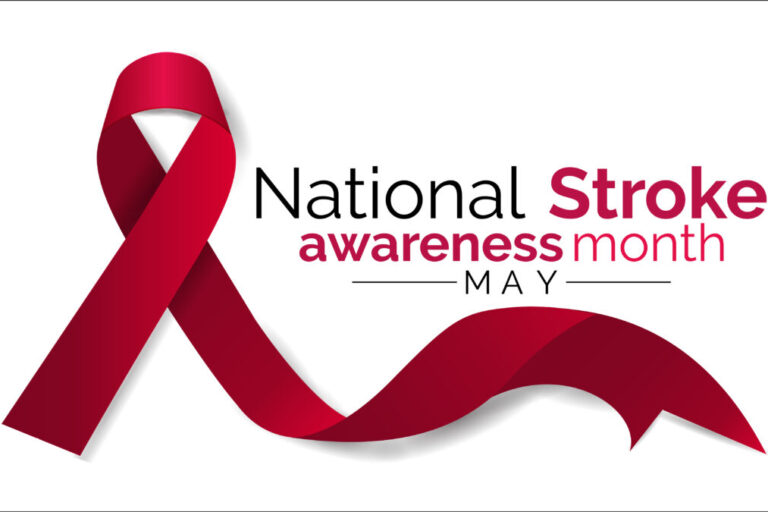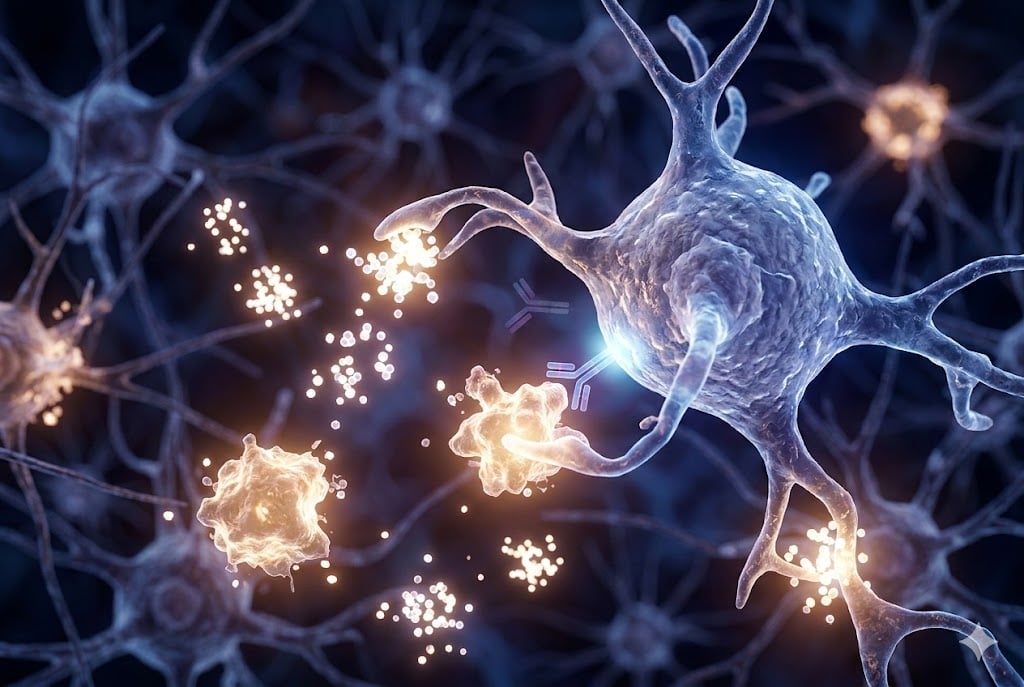
Common Sleep Aid Blocks 40% More Alzheimer’s Tau
Sleep aid lemborexant (better known by its brand name Dayvigo) showed 40% more hippocampal brain volume than other drugs.

Sleep aid lemborexant (better known by its brand name Dayvigo) showed 40% more hippocampal brain volume than other drugs.

June is Alzheimer’s & Brain Awareness Month. Take care of your brain. Find out how.

Alzheimer’s is characterized by an overproduction of free radicals in cells. That’s why incredibly tiny “nanoparticles” of silver, found in supplements, cosmetics and food packaging, worry scientists. Hear their concerns, as well as products to avoid.

Researchers discovered AWE to be a potent predictor of reduced pro-inflammatory cytokines. Can the awe we feel when touched by the beauty of nature, art and spirituality protect us from Alzheimer’s high levels of cytokines?

Copper hits the brain with a one-two punch. It inhibits clearance of, AND it stimulates production of, Alzheimer’s plaque. See why copper is a key player in Alzheimer’s.

Baylor University/Dell Medical School study reveals surprising link between technology use and reduced risk for dementia for older adults.

The drugs, called NRTIs, have the potential to prevent a million cases of Alzheimer’s every year, the researchers believe.

See how the class of weight loss and diabetes drugs that includes Ozempic and Wegovy have the added benefit of protecting against the development of dementia.

STRESS affects Alzheimer’s risk. Find out how. Learn 10 ways to de-stress and relax.

VIDEO + ARTICLE: It’s National Stroke Awareness Month. Experts Offer Tips on How to Recognize and Prevent Strokes & Vascular Dementia.

A safer Alzheimer’s treatment may be on the horizon — but families still have meaningful choices today.

The smallest act of kindness is worth more than The grandest intention. Oscar Wilde

Many diagnosed patients won’t qualify — here are the
7 medical criteria.

In gardening, people with Alzheimer’s grow fresh plants along with better thinking. It’s a pleasant way to make things easier.

The co-founder of a caregivers’ organization introduces technology he has found helpful in caring for his grandmother with dementia.

People with dementia are enjoying yoga and dance classes at the Alzheimer’s Association. See why caregivers find the classes “EXTREMELY helpful.”

Swiss researchers find that people with certain personality traits are protected against Alzheimer’s disease, including those who are less agreeable, had natural curiosity, and were nonconformists. Find out why.
No spam, only news and updates.


